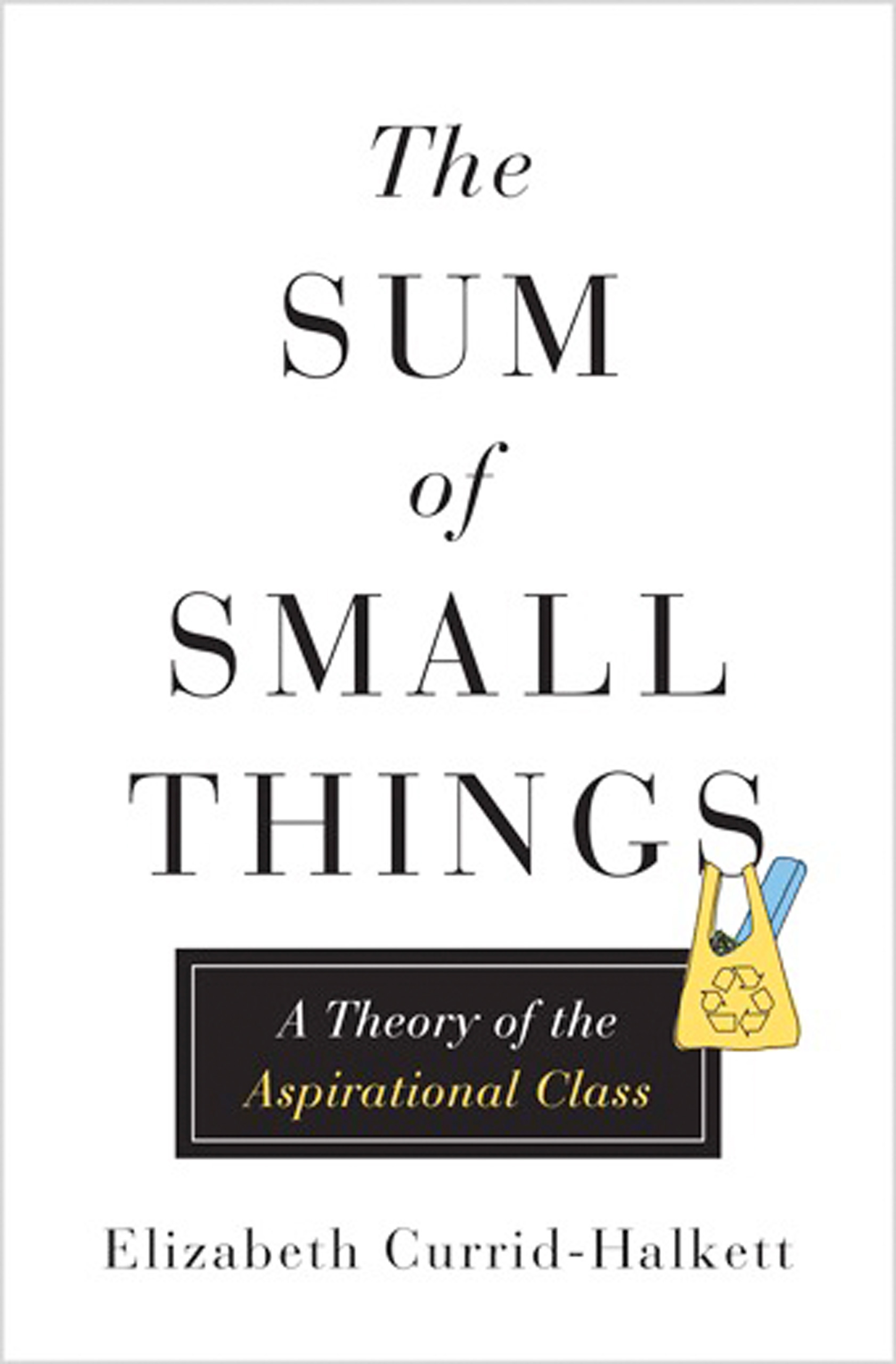
In the late 19th century, the economist Thorstein Veblen famously skewered members of the upper class for trying to telegraph their social status by surrounding themselves with luxury goods — a phenomenon he dubbed “conspicuous consumption.”
But Elizabeth Currid-Halkett, author of The Sum of Small Things, says a new cultural elite is on the rise: the aspirational class. These are people who aren’t necessarily rich but who share a set of views on the most socially conscious ways to spend money — for instance, driving electric cars instead of SUVs and buying only organic produce.
While these are financial choices, Currid-Halkett argues that they are driven primarily by an aspiration to be — or at least appear to be — “their version of better humans.” That’s why, for this milieu, “a $2 heirloom tomato purchased from a farmers’ market is so symbolically weighty … and a white Range Rover is not.”
More Must-Reads from TIME
- Inside Elon Musk’s War on Washington
- Why Do More Young Adults Have Cancer?
- Colman Domingo Leads With Radical Love
- 11 New Books to Read in February
- How to Get Better at Doing Things Alone
- Cecily Strong on Goober the Clown
- Column: The Rise of America’s Broligarchy
- Introducing the 2025 Closers
Contact us at letters@time.com